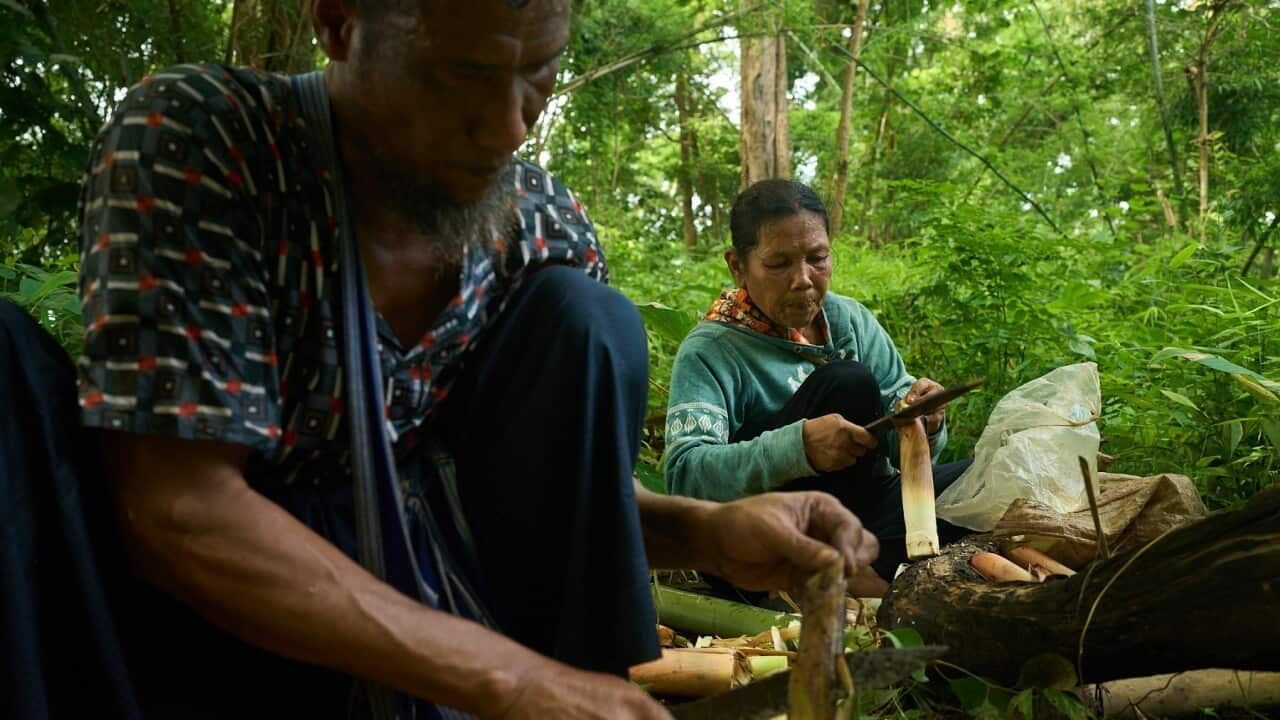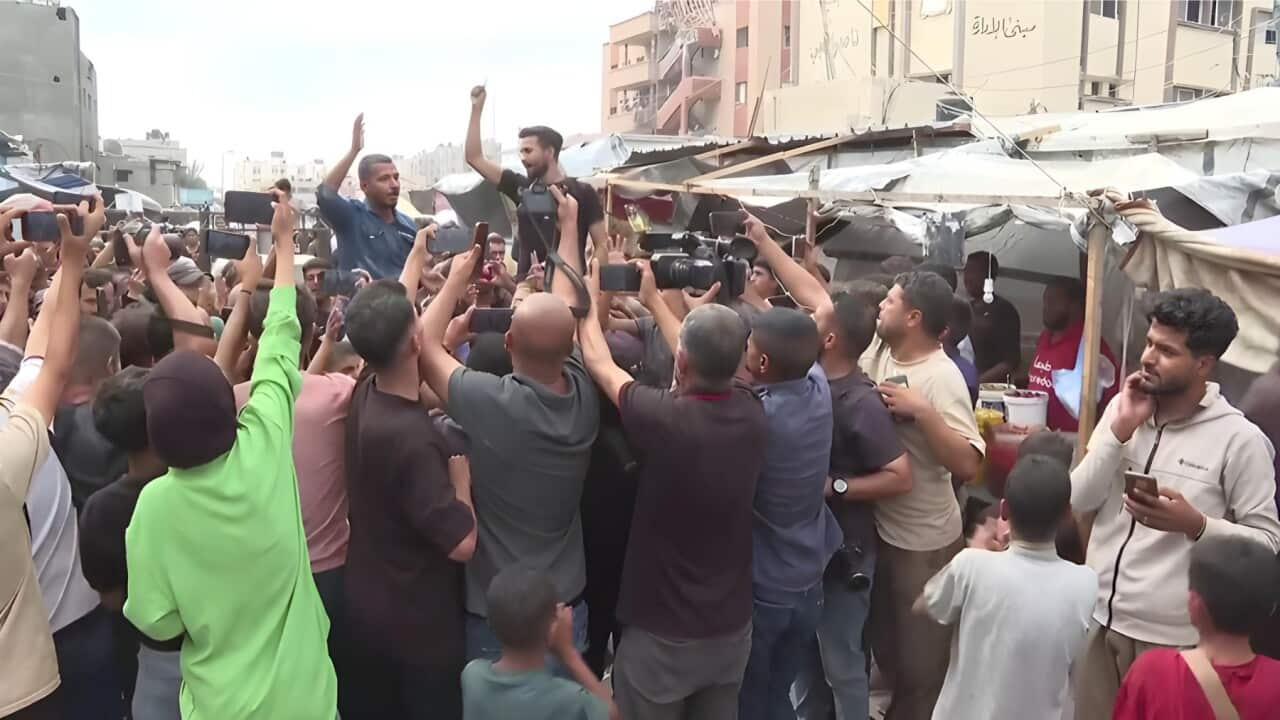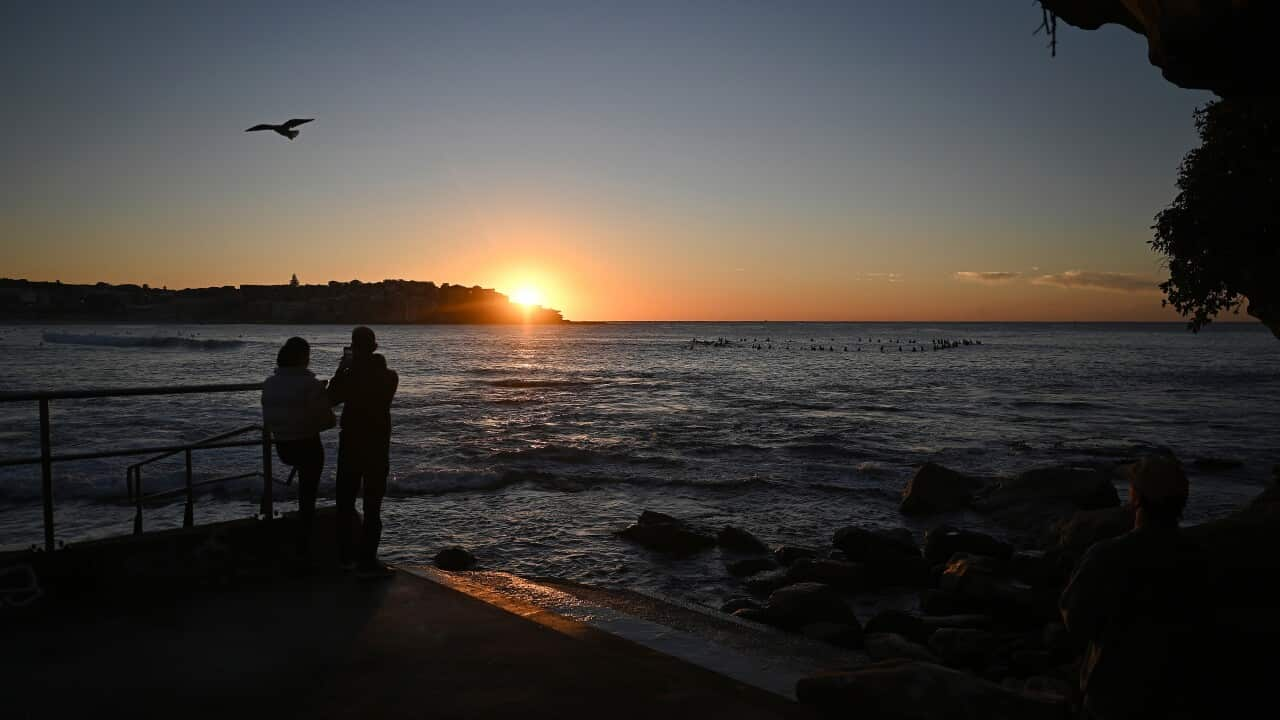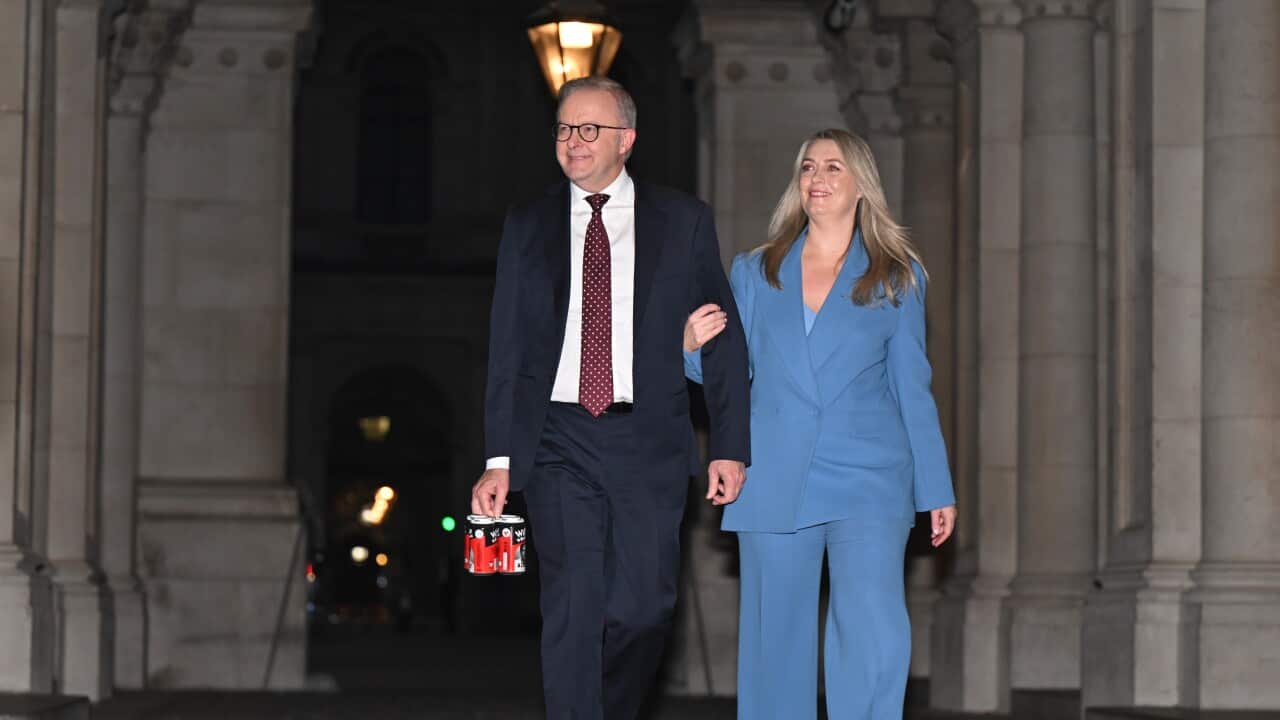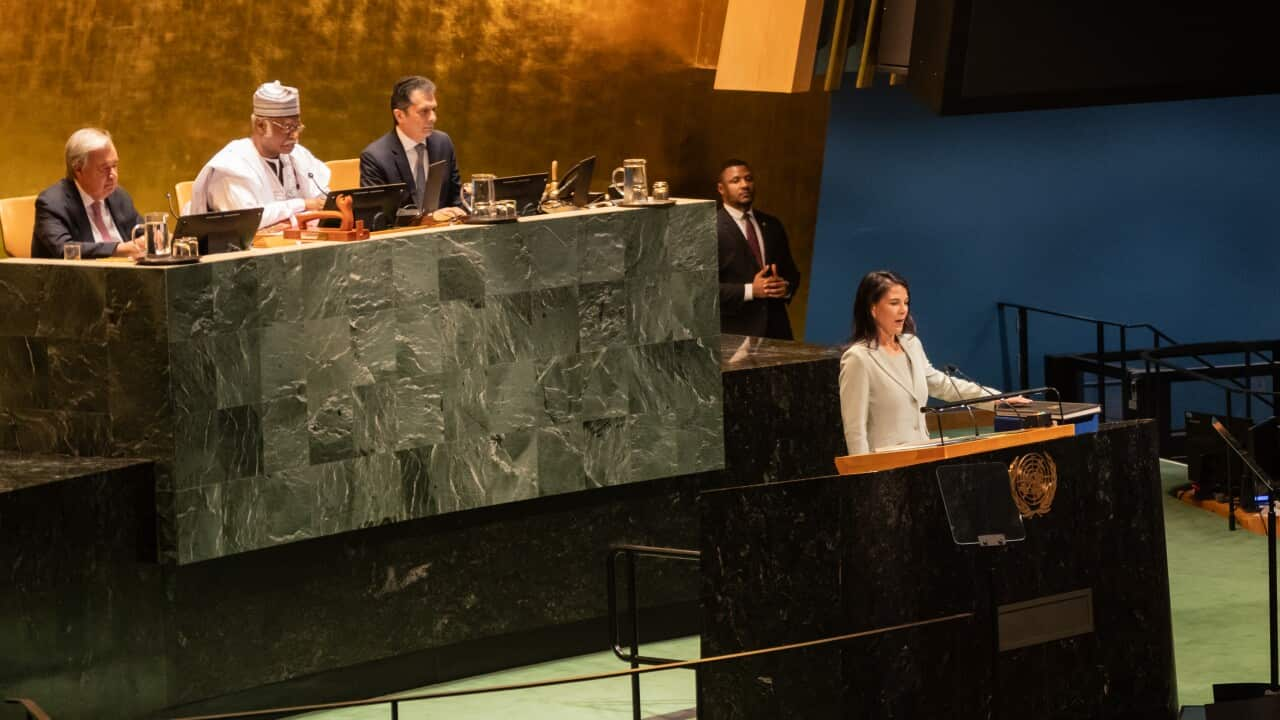TRANSCRIPT
Hamas says it will return the bodies of four hostages on Thursday, including the Bibas family’s two young children, Kfir and Ariel.
The group’s negotiator, Khalil al-Hayya, says the bodies include those of Shiri Bibas and her children, who were nine months and four years old when Hamas abducted them in the 7 October 2023 attack.
"The movement and the resistance have decided on the following. First, to hand over the bodies of four of the occupation’s prisoners on Thursday, Feb. 20, including the bodies of the Bibas family. And in turn, the enemy (referring to Israel) is to release next Saturday, Feb. 22, our prisoners who will be released in exchange, according to the agreement. And the handover of the remaining bodies agreed upon in the first phase will be completed in the sixth week of the agreement."
Hamas official Khalil al-Hayya says the group will release six hostages on Saturday, twice the initial number.
In return, Israel will free all women and minors detained since October and allow rubble-clearing equipment into Gaza from Egypt.
Hamas confirmed it would hand over the bodies on 20th of February as part of the exchange.
In November 2023, the group claimed the Bibas family was killed in an Israeli airstrike but provided no evidence.
Israel has not confirmed their deaths.
Hamas named two of the six hostages: Avera Mengistu and Hisham al-Sayed, who crossed into Gaza in 2014 and 2015.
Families of other captives say their loved ones are among those to be freed, including Eliya Cohen, Omer Wenkert, Tal Shoam, and Omar Shem Tov.
Omar Shem Tov's family celebrated upon hearing he would be among those released on Saturday.
But for Herut Nimrodi, whose son Tamir was kidnapped from an IDF post on the border between Gaza and Israel on the 7th of October, there is no cause for celebration.
Her son was not named among those set to be released during the first phase of the ceasefire.
In fact, she doesn't even know if he is dead or alive.
"I have no idea if he's survived or not, and I'm still hanging there with no information and I'm scared I won't get to the point where I can hug him and feel him again and start our lives again. There's a chance this is the end."
She says she has strong mixed emotions about the news that six living Israeli hostages, and the bodies of four others, will be released in the coming days.
"We're also receiving six people that are alive on Saturday and, the feeling of going from being so sad to being so happy, and it's all mixed up together. I don't know. This is really something you don't know how exactly to react to."
So far, Hamas has released 33 hostages in exchange for about 1,900 Palestinian prisoners under the ceasefire deal.
Talks on the next phase, securing the release of the remaining hostages and ending the war, were due to start earlier this month but have yet to begin.
Mr Al-Hayya says Israel is behind the delay.
"We point out that the occupation is still procrastinating and evading engaging in the negotiations over the second phase, which were supposed to begin on the 16th day from the start of signing the agreement. We emphasise that the movement and the resistance are ready to engage immediately in negotiations to implement the provisions of the second phase, which are: A complete ceasefire, achieving sustainable calm, the complete withdrawal of the occupation forces from the Gaza Strip, and the completion of the second phase prisoner exchange deal, all at once."
Israeli Foreign Minister Gideon Saar says Indirect negotiations on the second phase are set to begin this week.
Meanwhile, the United Nations says it is dismayed by the apparent forcible closure of four schools in East Jerusalem being run by its agency for Palestinian refugees, known as UNRWA.
UNRWA says police entered one of the schools - the Qalandiya Training Centre - by force, firing tear gas and sound grenades and ordering its 350 students and 30 staff to evacuate.
Israeli police spokesman Dean Elsdunne says police did not enter the UN buildings and that Jerusalem municipal authorities carried out the closures.
But UN spokesperson Stéphane Dujarric says the raids are a clear violation of international law in any circumstance.
"The use of tear gas and sound bombs in educational environments while students are learning is both unnecessary and unacceptable. This is a clear violation of Israel’s obligations under international law, including obligations concerning the privileges and immunities of the UN and its personnel. The inviolability of United Nations premises must be respected at all times."]]
Israel has severed all ties with the agency and banned it from operating in its territory, accusing it of allowing itself to be infiltrated by Hamas in the Gaza Strip.
UNRWA denies those allegations.
Meanwhile, a mini-Arab summit on the US President's Gaza plan, initially set for Thursday, has been postponed to Friday, two Arab diplomats confirmed.
The meeting will discuss an Arab proposal for Gaza, potentially including up to US$20 billion for reconstruction.
Saudi Arabia, Egypt, Jordan, the UAE, and Qatar will review the plan before presenting it at the Arab summit in Cairo on the 4th of March.


